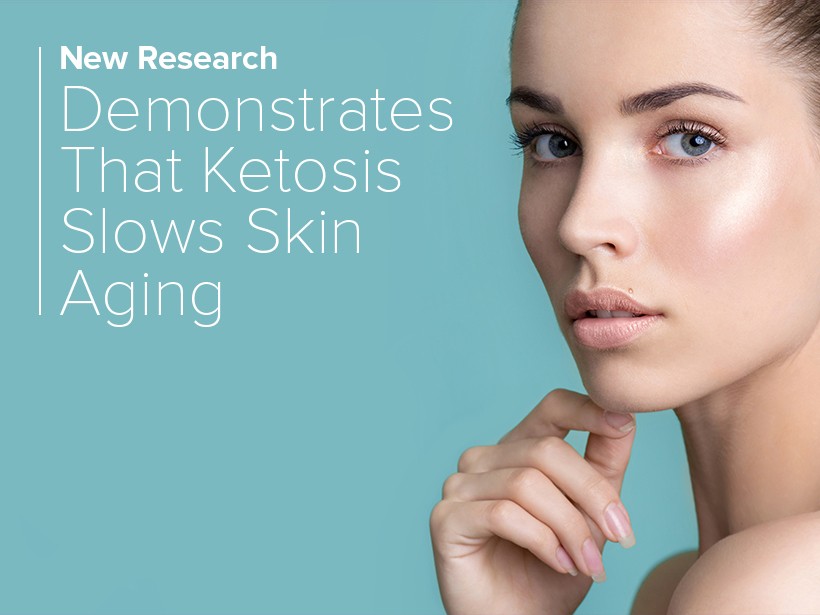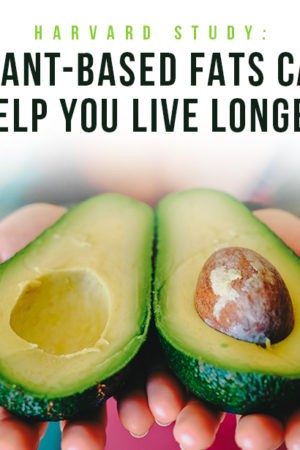The study of diabetes unearthed compounds formed through a process called glycation which has been linked to end-stage renal disease, chronic obstructive pulmonary disease, and skin aging. Research shows that by consuming a low-carb diet, you may decrease your risk of the above disorders, specifically skin aging.1
What is Aging Skin?
Aging skin is characterized by decreased resistance to mechanical stress (i.e. abrasions), impaired ability to heal, and blood vessel abnormalities. Typically, aging skin is caused by damage done by UV rays from the sun or many skin diseases that just come with aging. A more recent explanation is glycation.
Glycosylation vs Glycation
Glycation refers to a process where proteins, lipids, or nucleic acids are bound to sugar molecules like glucose or fructose (sugar from fruit). This process is very similar to something called glycosylation which is a normal process that takes place in your cells.
Glycosylation is when your cells add glucose to proteins and other molecules. The function of this is for signaling and other nerdy stuff that keep your cells alive. The main point is that glycosylation is mediated through enzymatic action. Enzymes are proteins with power! They don’t just exist for building stuff; they exist to help extremely important processes in your body occur like glycosylation. Glycation does not use enzymes. Rather, they’re added randomly to molecular binding sites in your DNA or other important molecules that render them useless or otherwise inhibit their normal function. The products that are produced are called glycation end products or AGEs.
Harmful Presence of AGEs
An increased presence of AGEs is harmful to the body and has been correlated with diabetes, among other disorders as expressed earlier.2 In terms of the skin, glycation results in both changes that you can see and those you cannot, such as the functional changes of the skin.
Love Your Collagen
Let’s consider collagen. Collagen is a major building block of your skin with important cellular and mechanical processes. However, glycation impairs this action. It does so by modifying the properties of the collagen, making it more stiff and vulnerable. Additionally, AGEs on the collagen side chains (little chains that are part of its structure) interfere with its ability to interact with nearby cells and proteins. Finally, glycation makes collagen resistant to normal recycling proteins. These proteins help get rid of bad collagen and replace it with new, good collagen. If the collagen cannot respond to these proteins, your body will not be able to get rid of the unhealthy collagen.
Prevention, Prevention, Prevention!
Now that we know glycation is frowned upon, let’s talk about how we can prevent it. Previous research shows that a diet low in carbs and AGEs is correlated with a reduction in inflammation, which is common in diabetic patients, and improved wound healing, a problem associated with aging skin.3
Get Some L-Carnitine
Something you should consider adding to your diet in light of this information is L-carnitine. L-carnitine is an antioxidant naturally found in meat, poultry, fish, and dairy products. How can this help? One of the most damaging species that can ever persist in your cells is something called reactive oxygen species. Reactive oxygen species accelerate glycation among other issues. Most importantly, antioxidants destroy them.
These results warrant major reconsideration of your diet. If you’re suffering from aging skin or simply want to preserve your young, healthy skin, consider a low-carb, high-fat and high-protein diet such as the ketogenic diet.
NUTRITIONAL DISCLAIMER
The content on this website should not be taken as medical advice and you should ALWAYS consult with your doctor before starting any diet or exercise program. We provide nutritional data for our recipes as a courtesy to our readers. We use Total Keto Diet app software to calculate the nutrition and we remove fiber and sugar alcohols, like erythritol, from the total carbohydrate count to get to the net carb count, as they do not affect your blood glucose levels. You should independently calculate nutritional information on your own and not rely on our data. The website or content herein is not intended to cure, prevent, diagnose or treat any disease. This website shall not be liable for adverse reactions or any other outcome resulting from the use of recipes or recommendations on the Website or actions you take as a result. Any action you take is strictly at your own risk.
- Study Says Ketogenic Diet Can Improve Sleep - May 9, 2018
- New Research Shows How to Live Longer with Keto Diet - May 8, 2018
- Studies Examine How Keto Affects Immunotherapy Cancer Treatments - May 1, 2018































